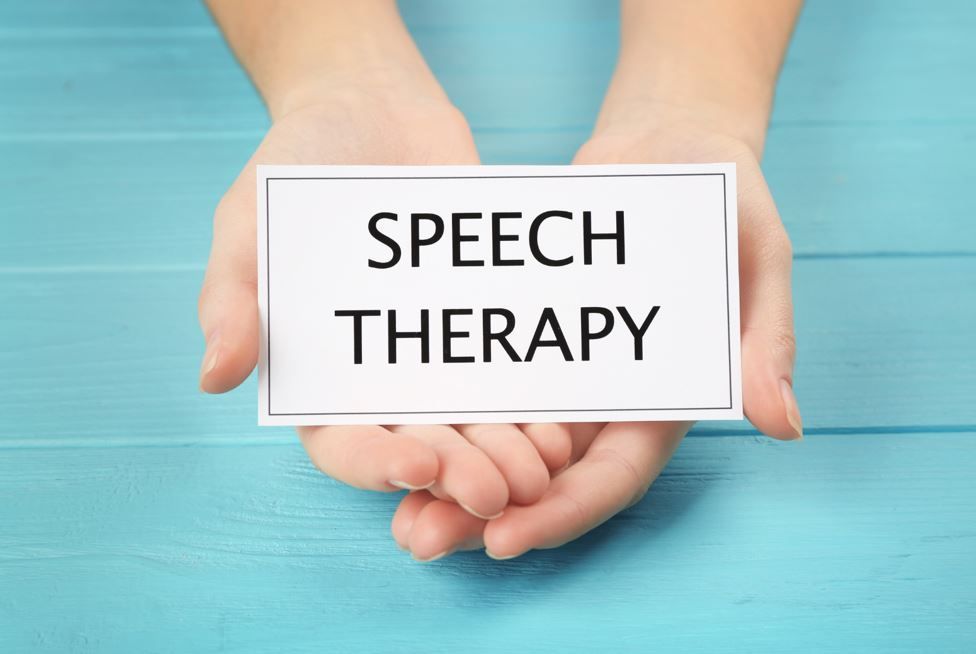ABA Therapy, Verbal Behavior Therapy, and the Four Operants
ABA Therapy, Verbal Behavior Therapy, and the Four Operants

Applied Behavior Analysis (ABA) therapy and verbal behavior therapy share a common goal of increasing communication and the understanding of language. Both are evidence-based interventions commonly used to address communication and behavior challenges in individuals with autism spectrum disorder.
Both therapies make use of a framework known as the four operants to teach language and shape behavior. The four operants are categorized as: mand, tact, intraverbal, and echoic. Each represents a different function of language.
Mand refers to the use of language to make a demand or request. In therapy, individuals are taught to make requests by using appropriate verbal language or by using non-verbal methods such as pointing or picture cards. The goal is to enable individuals to appropriately communicate their needs.
Tact involves labeling or describing objects or events in the environment. Through repeated practice, individuals learn to associate words with specific items or situations, expanding their vocabulary and comprehension.
Intraverbal is a more complex verbal skill. The intraverbal operant includes conversational skills and the ability to respond to questions or comments from others. This operant focuses on developing the individual's ability to engage in back-and-forth exchanges, turn-taking, and socially appropriate communication.
Echoic is the operant associated with vocal imitation. It involves repeating or imitating words or sounds produced by others. This helps solidify the individual’s correct usage of language. It helps develop speech and clear articulation.
Verbal behavior therapy and ABA therapy utilize these four operants in a systematic and individualized manner. The therapies focus on breaking down complex language and behavior skills into smaller, achievable steps, using prompts, reinforcement, and repetition to teach and reinforce targeted skills.
These therapies have been shown to be incredibly effective in improving language acquisition as well as increasing vocabulary and sentence structure. Experts suggest that in order to best promote consolidation of language and generalization of skills, therapists should teach across all four operants instead of focusing on just one or two at a time.
Overall, the use of the four operants in therapy can help individuals with autism develop the skills they need for effective communication and social interaction.
Positive Reinforcement not only offers ABA therapy services for North Virginia, West Virginia including cities like Glen Allen Virginia, Winchester Virginia, and Aba Therapy Richmond Virginia. .










